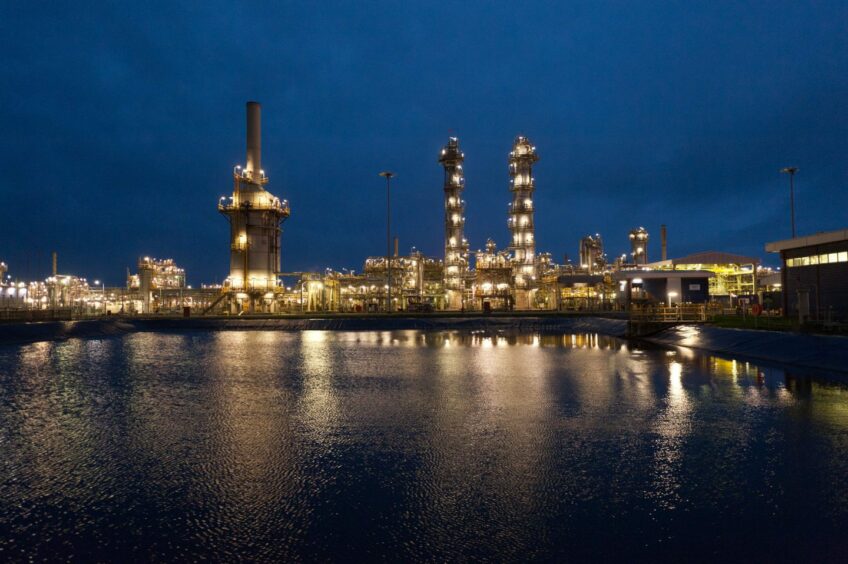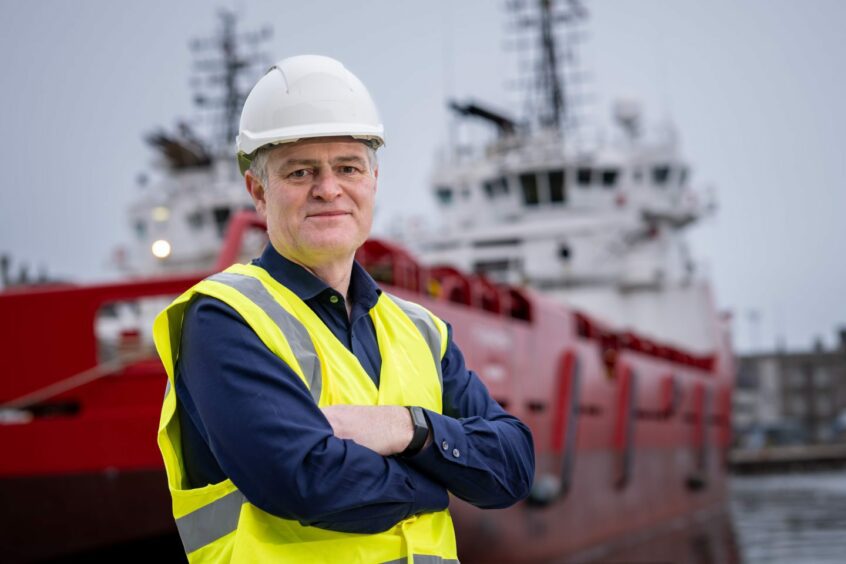
Carbon capture and storage (CCS) projects in the US and Europe are benefiting from repeated delays to the UK’s rollout of the emissions busting technology.
Companies frustrated with the government’s lack of progress on CCS have started to “shift resources overseas”, explained Enrique Cornejo, Offshore Energies UK’s (OEUK) head of energy policy.
“I’m not talking about a specific project, but the wider supply chain, because it doesn’t have that clarity or confidence on timelines for deployment – It keeps resources waiting for much longer,” he told journalists on Thursday.
To counteract this Mr Cornejo underlined the need for “acceleration” to keep the UK competitive in the global race to deploy CCS.
He specifically highlighted the impact of the US Government’s Inflation Reduction Act, which includes an incentive for companies to invest in the technology.
Nearly two years since Track 1
It is approaching two years since Westminster unveiled the two winners of Track 1 of its CCS cluster sequencing competition, HyNet and the East Coast Cluster.
Since then the projects that missed out, including the Scottish Cluster, have been patiently waiting for the second tranche of the scheme, but an update has been pushed back time and time again.
At the heart of the Scottish Cluster is the Acorn project, which is housed at the St Fergus gas plant in Aberdeenshire.
It is being developed by Storegga, with support from partners Shell, Harbour Energy and North Sea Midstream partners, and is expected to generate scores of green jobs once the wheels get moving.
“The Scottish Cluster has been waiting now for a very, very long time,” said Mr Cornejo.
“It was initially placed as the reserve cluster on Track 1 – it has been more than 18 months and they’re still waiting for some clarity as to whether they’re going to move forward.”
There is a general assumption that the Scottish Cluster will be picked second time around – OEUK expects an update on that “in the next few weeks”.
No more news on CCS licensing winners
It is not just the sequencing process that is delayed though, and industry is still waiting to hear which companies were successful in the UK’s first ever CCS licensing round.
Regulator the North Sea Transition Authority (NSTA) announced in May that offers to bidders had been made, with names expected to be revealed in the following weeks.
Mike Tholen, OEUK’s sustainability director, said: “The longer they wait, the harder it is to get all these things done, because we need to see the next bits of storage being developed in order to pick up the next bit of opportunity.”
OEUK’s chief executive David Whitehouse added: “There is an expectation that we’ll see those results after the summer. What is actually really key though is getting these first Track 1 and Track 2 projects moving; the licence holders are looking to see that those business models are turning into real investment decisions. It is really important that we see the licenses announced, and really important that we deliver and move forward with the Track 1 and Track 2 projects.”
Recommended for you



